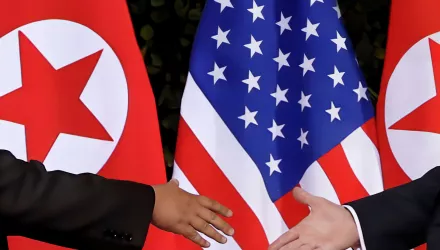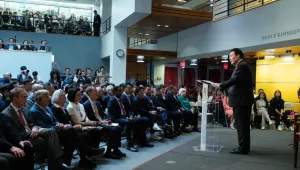This study assesses the use of sanctions against North Korea, especially as they relate to Pyongyang’s ongoing nuclear and missile programs. We focus on what we call “North Korea, Inc.,” the system of regimeoperated state trading companies (STCs) that the Democratic People’s Republic of Korea (DPRK) employs to procure both licit and illicit goods. In particular, this study is based on interviews over a three-year period with North Korean defectors who worked in these procurement organizations. The primary objective of this inquiry has been to document North Korea. Inc.’s practices, partners, and pathways, and in particular how the DPRK has innovated in the face of international sanctions.
We conclude that sanctions intended to deny North Korea access to WMD-related materials have not worked, and that in some ways, the sanctions have had the net effect of actually improving DPRK procurement capabilities. We judge that some elements of its nuclear and missile programs will continue to depend on procurement from other countries, that sanctions can be improved, and that at least for the near and intermediate term, denial of weapons-related material and technology is a worthy policy objective, if integrated into a broader political strategy.



